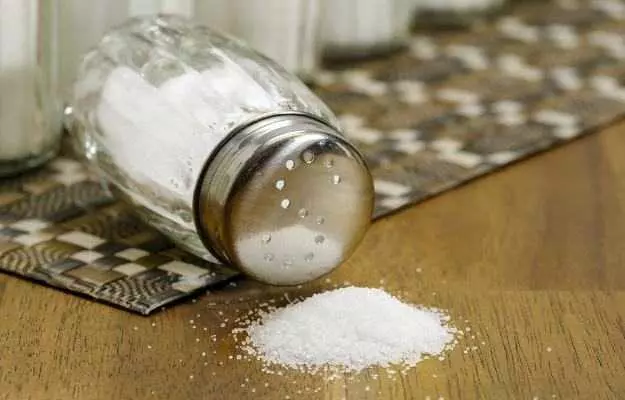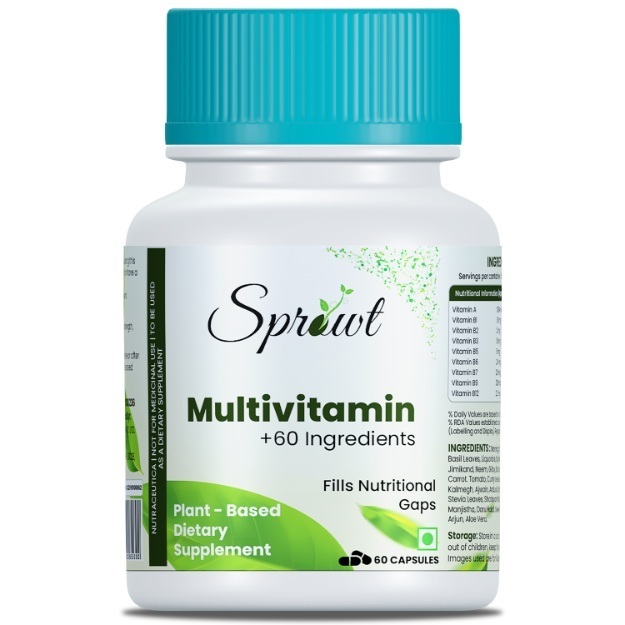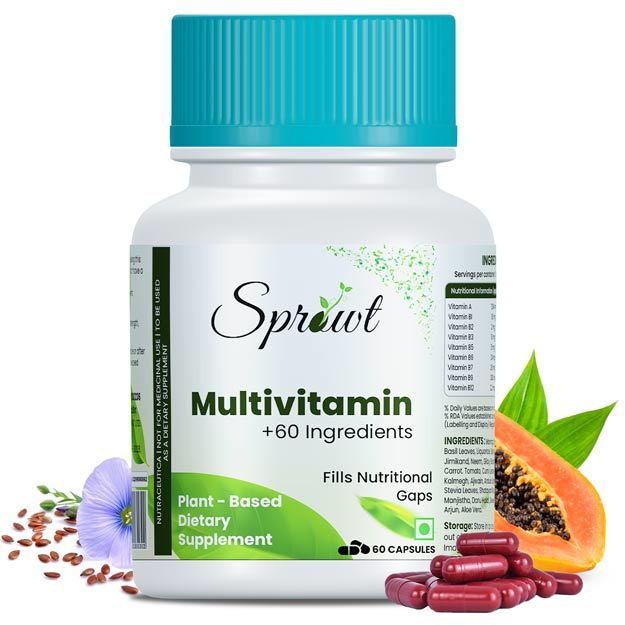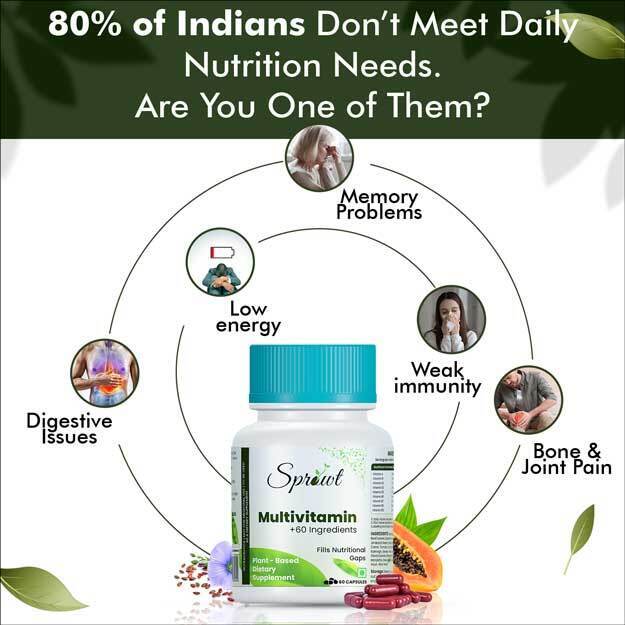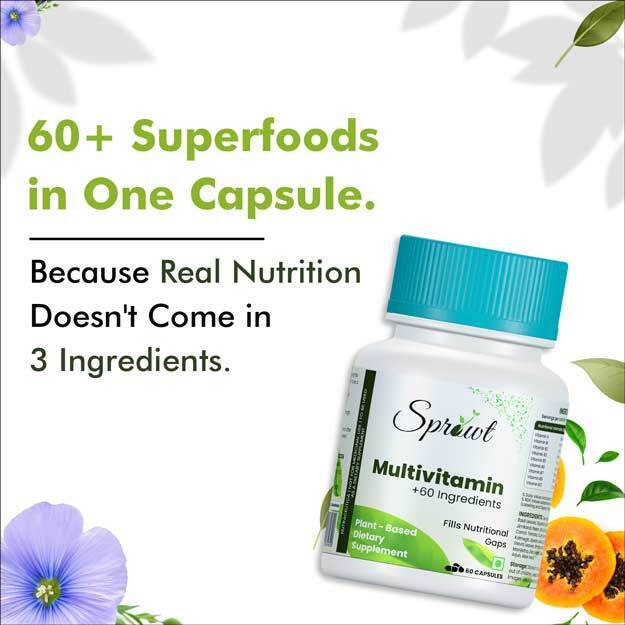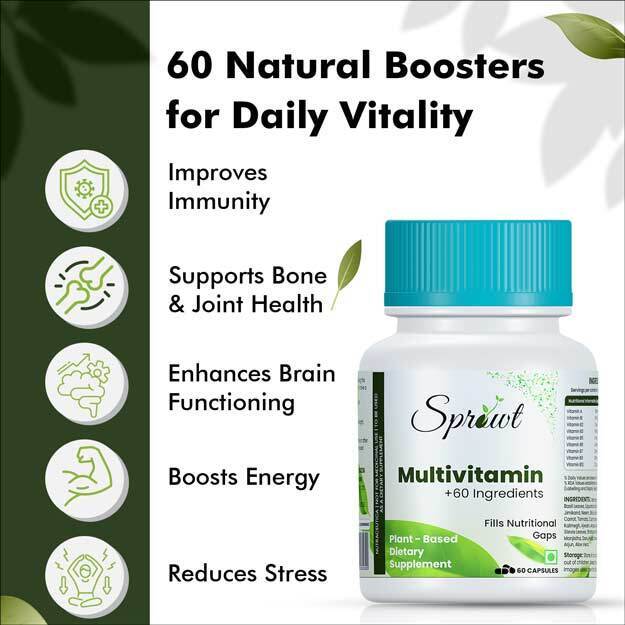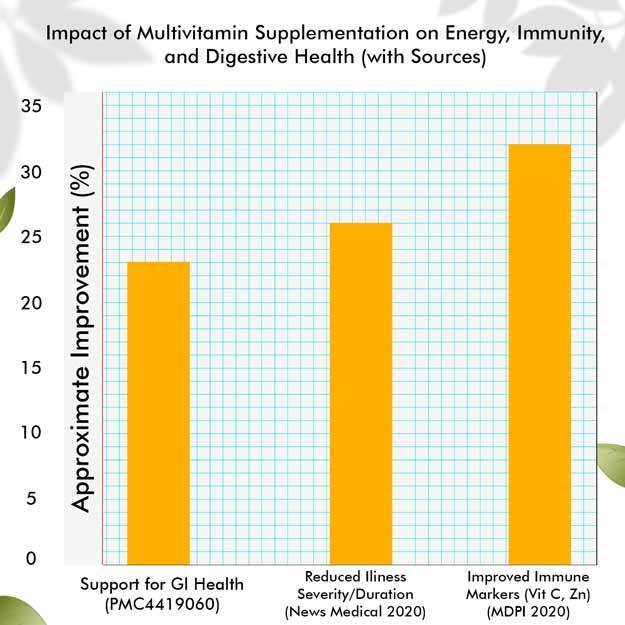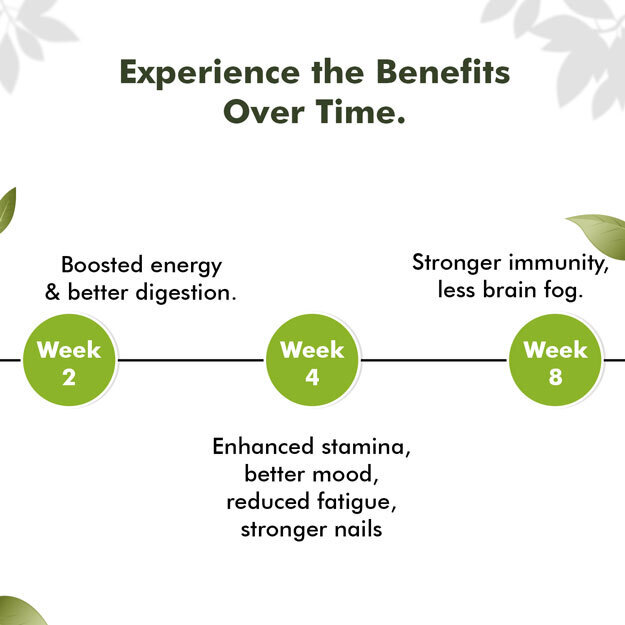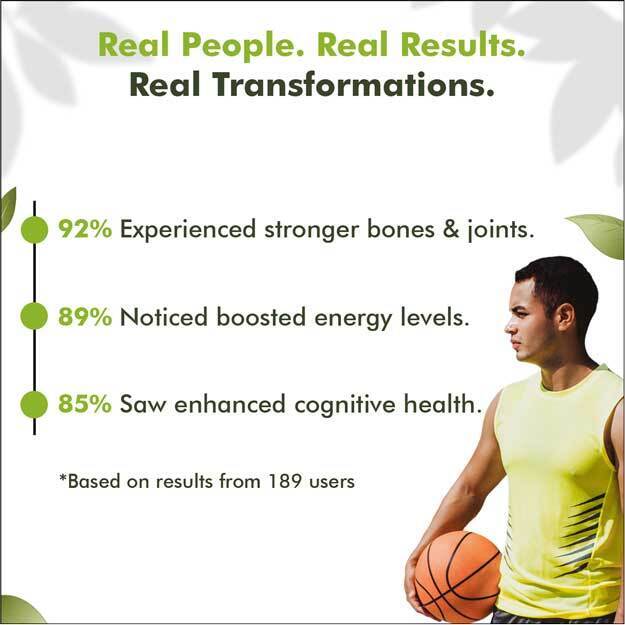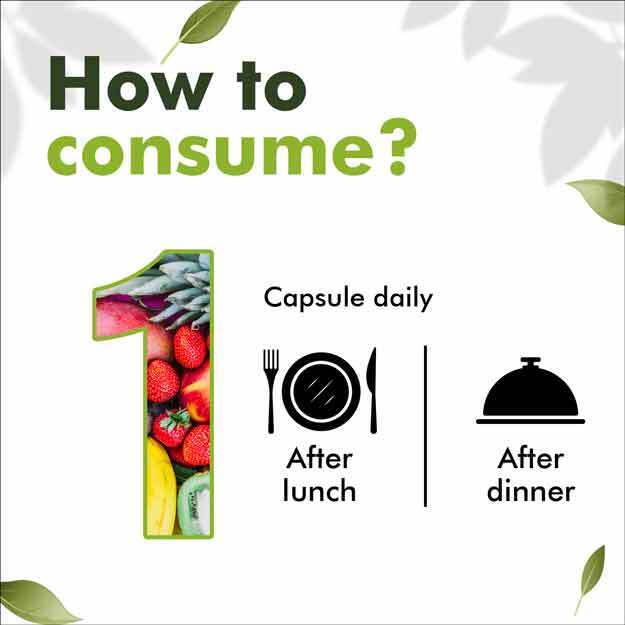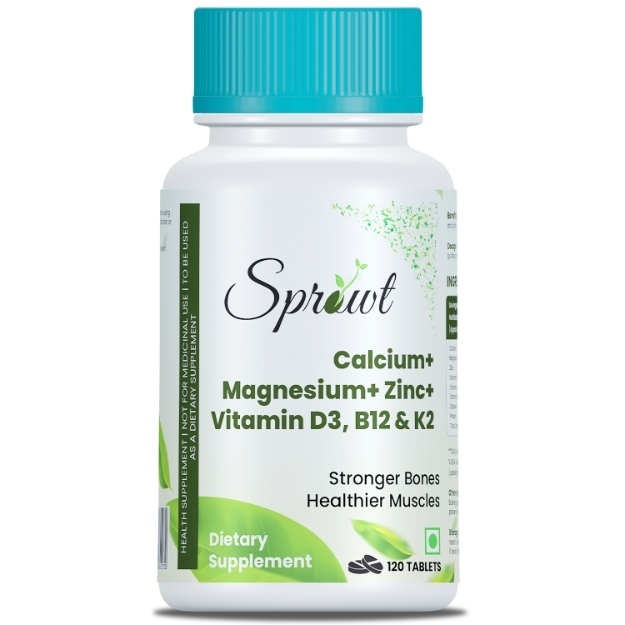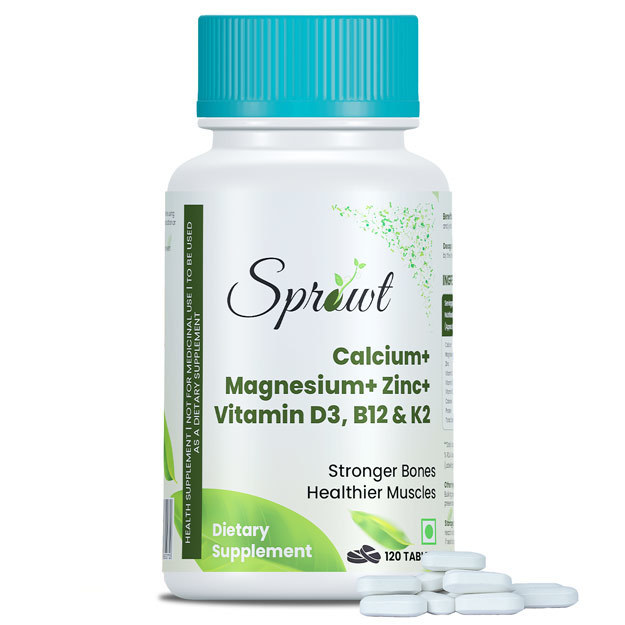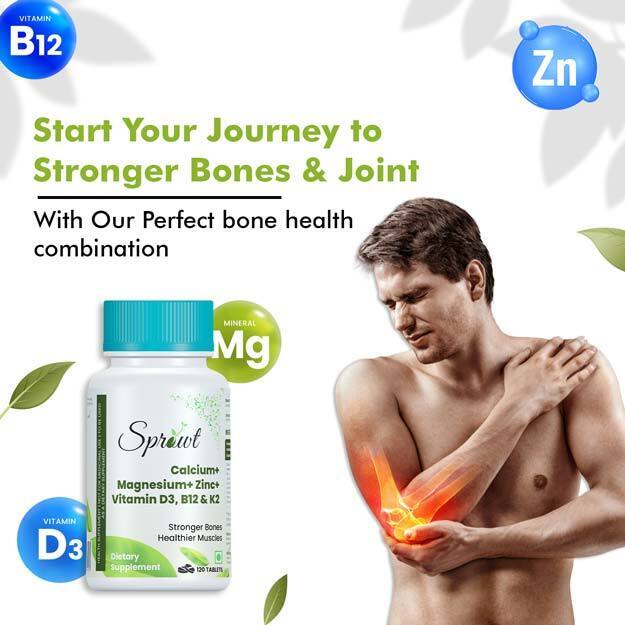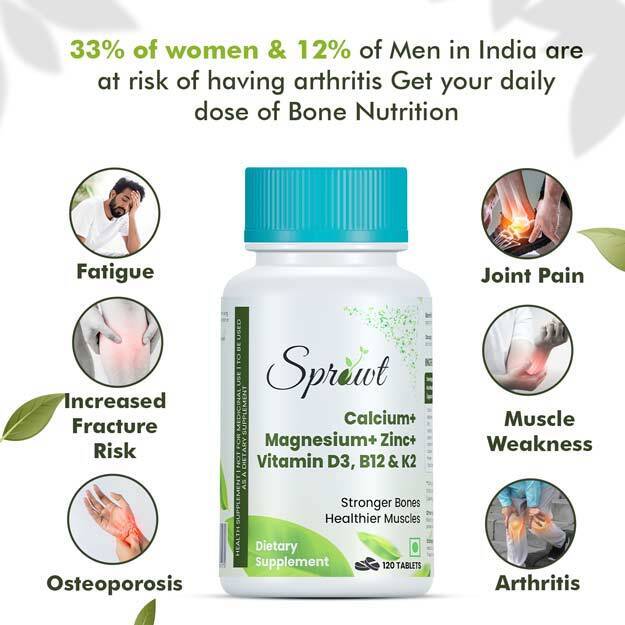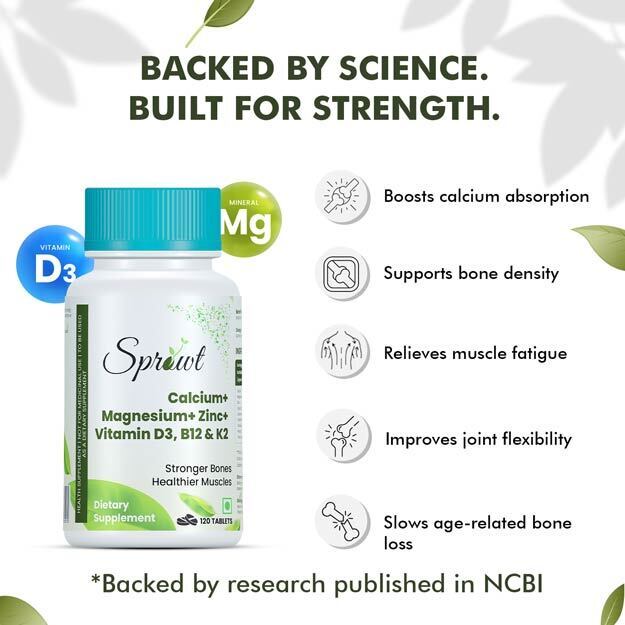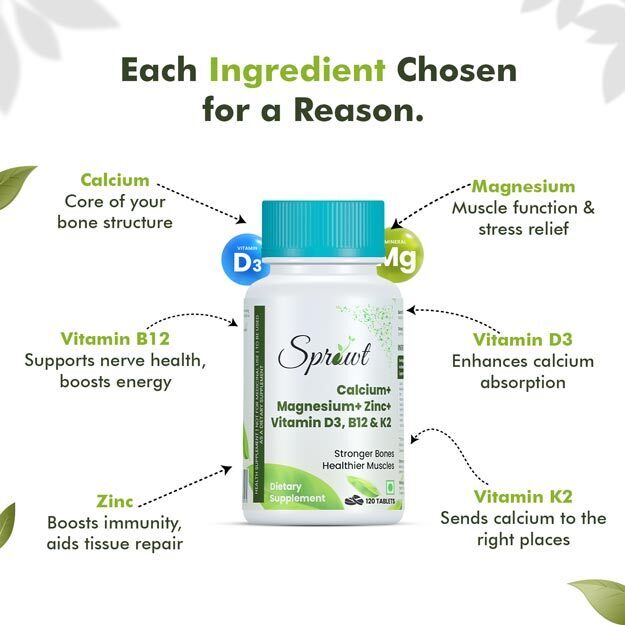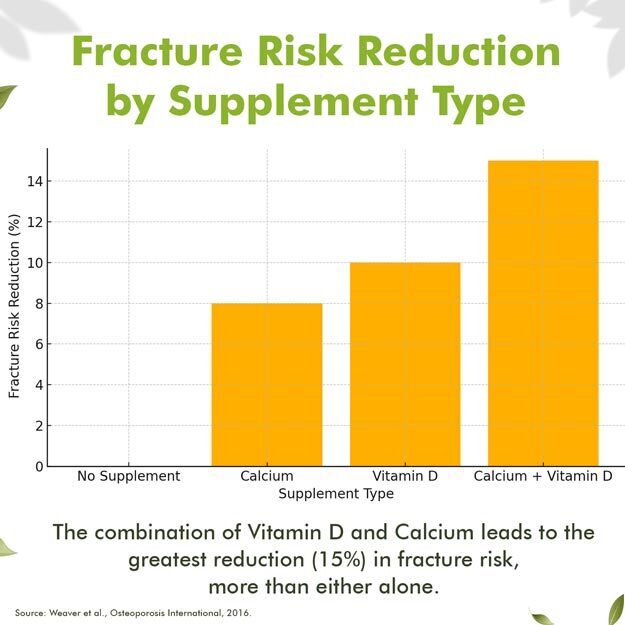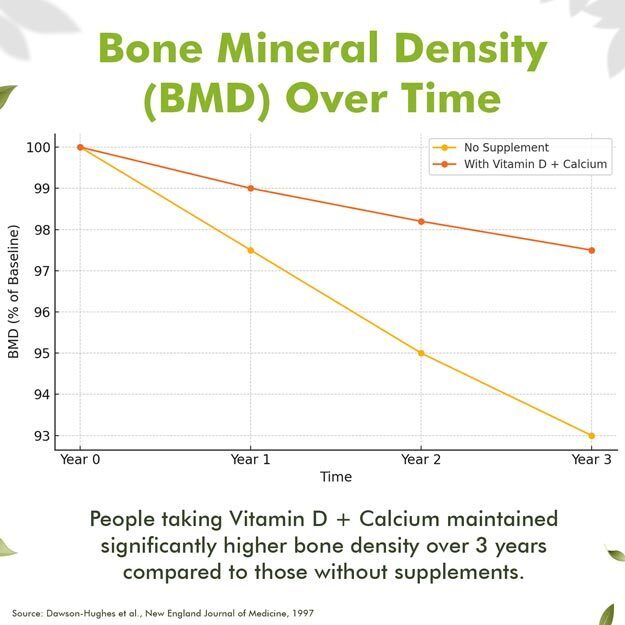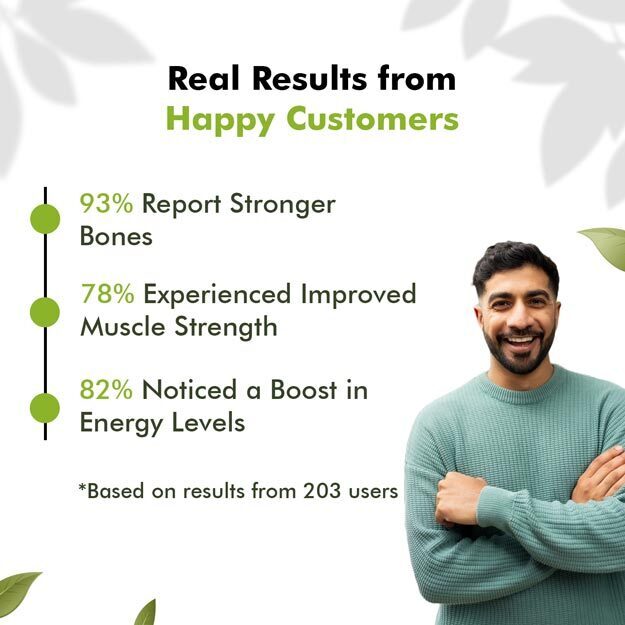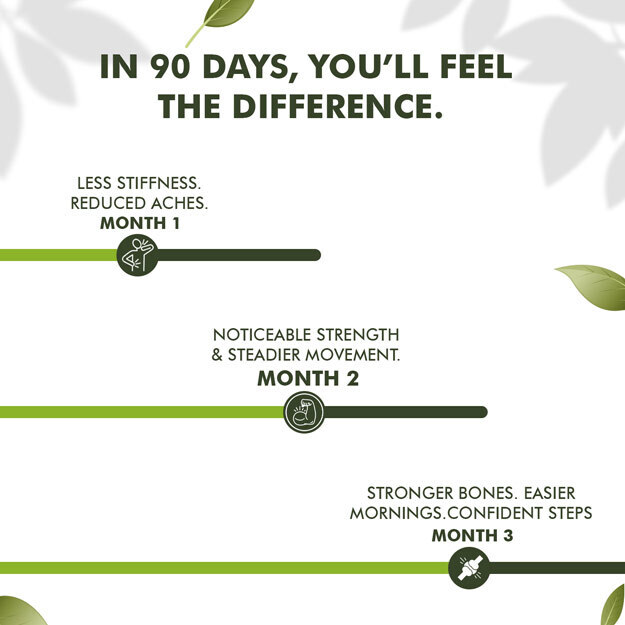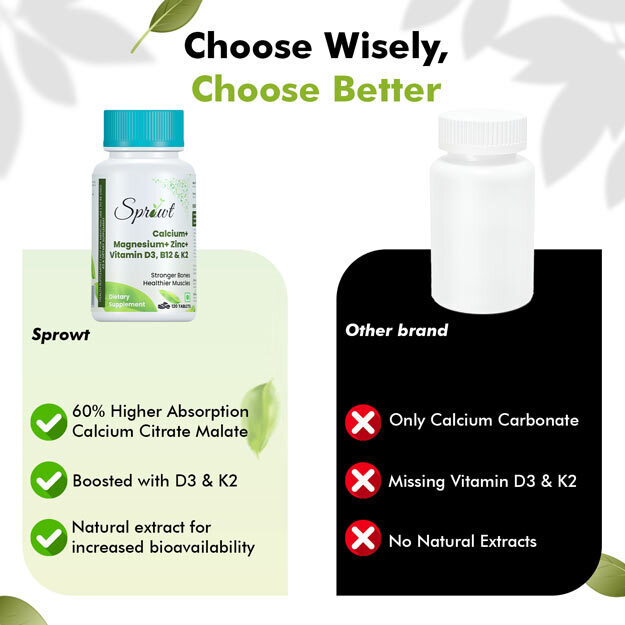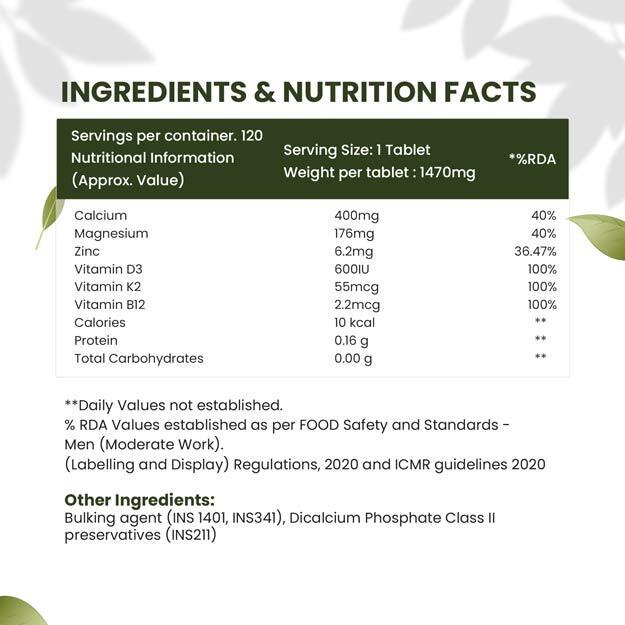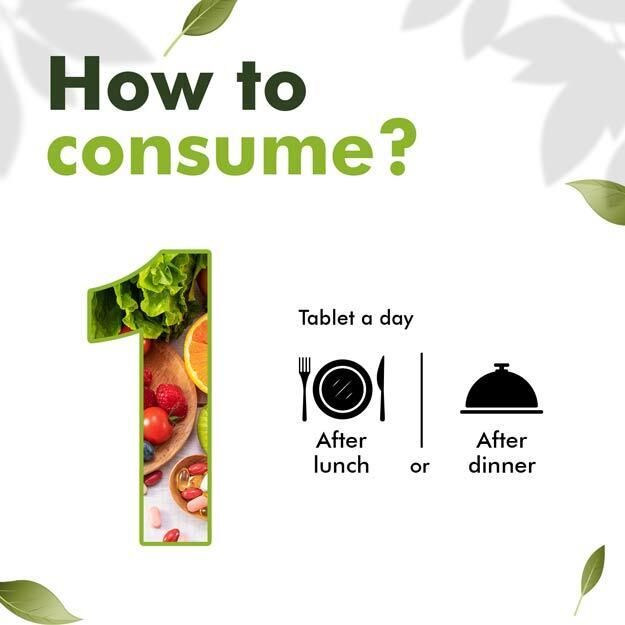Sodium is an element which is very important for the human body. Sodium fulfills the lack of water in our body and also helps in exchanging information from the body parts to the brain. Sodium also plays an important role in the proper functioning of the muscles. Salt is the main source to fulfill the deficiency of sodium in the body.
Read more - (Calcium, Magnesium and Zinc)
- Sources of Sodium
- Benefits of Sodium
- Harmful Effects Of Excess Sodium
- Symptoms And Side Effects Of Sodium Deficiency
- How Much Salt Is Right To Eat In A Day?
- Summary
Sources of Sodium
Salt is a good and natural source of fulfilling sodium in our body. Sodium is also found in small quantities in carrots, beetroot, spinach, milk, cheese, eggs. Sodium is also found in very small quantities in cereals.
Read more - (Manganese: benefits)
Benefits of Sodium
Sodium helps in maintaining the balance between acid and alkaline conditions in our body. Sodium also helps in controlling the osmotic pressure of the tissue fluids and plasma of our body. It helps in maintaining proper water balance in our body. Sodium regulates the contraction of our heart muscles and the sensitivity of the nerve tissues. It helps in maintaining a normal heartbeat.
Read more - (Multivitamins: Benefits)
Harmful Effects Of Excess Sodium
You must be knowing that excess amounts of any mineral is harmful for our body. Similarly, if the amount of sodium increases in our body, we become victims of many problems. Excess sodium increases blood pressure. High blood pressure gives rise to heart related diseases as well as other diseases. Excess sodium increases the problem of swelling in the ankle and obesity. Excess sodium causes bones to become thin due to which the risk of osteoporosis also increases. Excess sodium also increases the risk of stomach cancer, asthma and kidney related diseases.
Read more - (Dietary supplements: Benefits)
Symptoms And Side Effects Of Sodium Deficiency
Sodium is very important for our body to function properly, but whenever there is a deficiency of it in our body, it gives rise to many diseases in our body. Sodium deficiency causes problems like headache, fatigue and confusion, muscle cramps, nausea, vomiting and stomach ache, frequent feeling of hunger, restlessness and nervousness, etc., which are very harmful for our body.
Read more - (Phosphorus in Nutrition: Benefits)
How Much Salt Is Right To Eat In A Day?
According to the Recommended Daily Allowances, the amount of sodium that an infant from birth to 6 months of age should take is around 0.12 grams. A child of 9 to 13 years should take around 1.5 grams. A man of 14 to 18 years should take around 1.5 grams. A woman of 14 to 18 years should take around 1.5 grams. Men between 19 and 50 years of age should consume around 1.5 grams. Women between 19 and 50 years of age should consume around 1.5 grams. Pregnant women should consume around 1.5 grams and breastfeeding women should consume around 1.5 grams.
Read more - (Role of Fat Soluble Vitamins)
Summary
Sodium is an essential mineral that is important for water balance in the body and proper functioning of muscles and nerves. Its main sources include table salt, canned and processed foods, pickles, sauces, and salty snacks. The benefits of sodium are that it regulates blood pressure in the body and helps in muscle contraction and nerve signaling. However, excessive sodium intake can be harmful. Excess sodium can lead to high blood pressure, heart disease, and kidney problems. Therefore, a balanced intake of sodium is extremely important so that the body can function properly and avoid any health problems.

